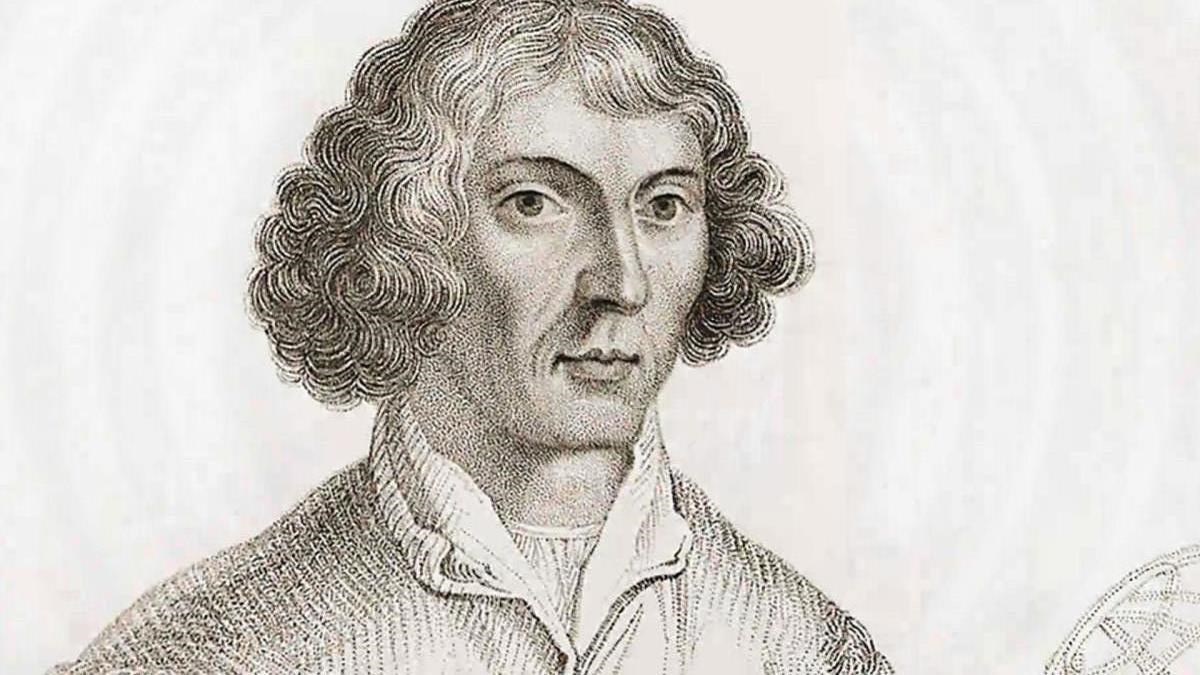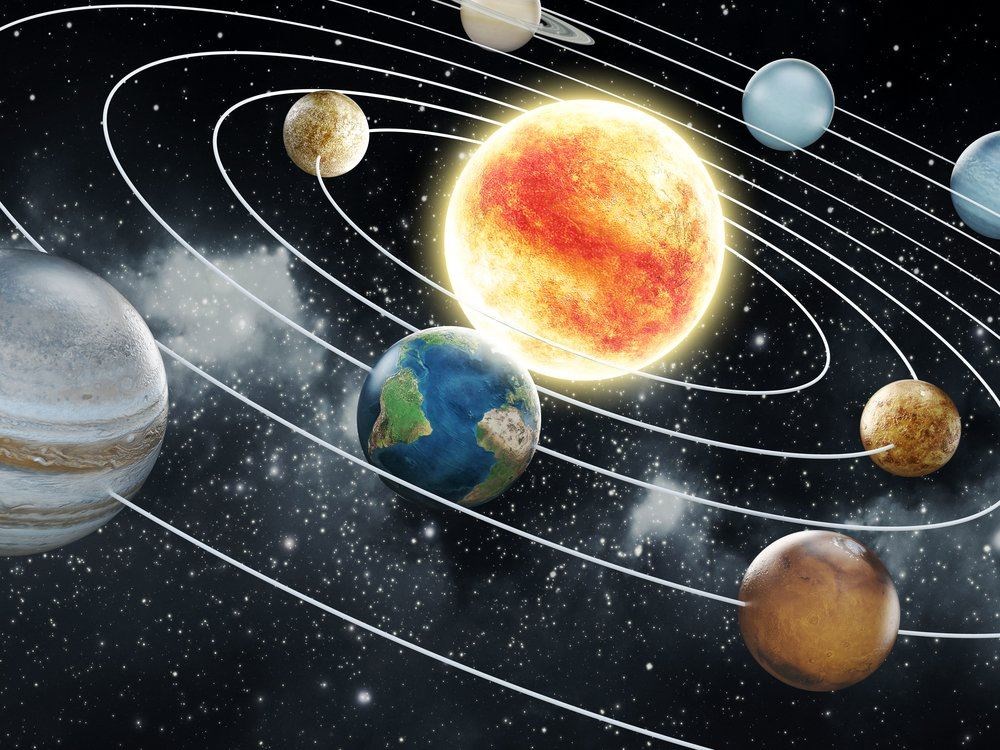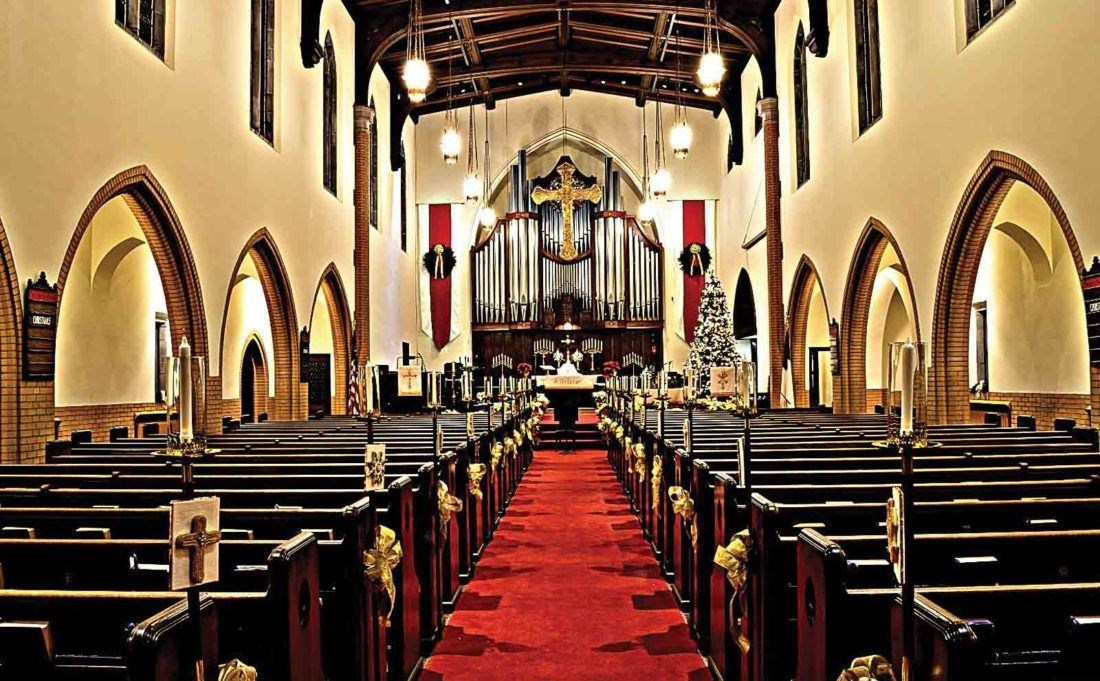"This Fool wants to turn the whole Art of Astronomy upside down,"— Lutheran leader Martin Luther
 Nicolaus Copernicushttps://www.biography.com/people/nicolaus-copernicus-9256984During the late 1500s, the church commonly taught that the Earth was the center of the solar system (Riebeek). This theory was universally accepted, yet the man to disprove it was a former priest (Riebeek). His name was Nicolaus Copernicus. Copernicus was a Polish scientist widely known for proving our solar system to be heliocentric (Riebeek). The groundwork for Copernicus’s knowledge about astronomy largely came from the ideas of Ptolemy and Regiomontanus( "Nicolaus Copernicus", World of Mathematics). His studies at the university of Krakow and Bologna were also crucial parts of his education in astronomy (“Nicolaus Copernicus”, Scientists: Their Lives and Works ). Overall important events included 1507, when he found assuming the sun is center made much more sense, 1497, when he first made an astronomical observation, and 1543, when he finally published the book, De Revolutionibus Orbium Coelestium Libri IV, mathematically proving his heliocentric theory (Hanson). For someone to be deemed a hero, they must be able to conquer fear and do what is right. Throughout Copernicus’s life he exemplified bravery and unconditionally picking the right choice, making him a hero.
Nicolaus Copernicushttps://www.biography.com/people/nicolaus-copernicus-9256984During the late 1500s, the church commonly taught that the Earth was the center of the solar system (Riebeek). This theory was universally accepted, yet the man to disprove it was a former priest (Riebeek). His name was Nicolaus Copernicus. Copernicus was a Polish scientist widely known for proving our solar system to be heliocentric (Riebeek). The groundwork for Copernicus’s knowledge about astronomy largely came from the ideas of Ptolemy and Regiomontanus( "Nicolaus Copernicus", World of Mathematics). His studies at the university of Krakow and Bologna were also crucial parts of his education in astronomy (“Nicolaus Copernicus”, Scientists: Their Lives and Works ). Overall important events included 1507, when he found assuming the sun is center made much more sense, 1497, when he first made an astronomical observation, and 1543, when he finally published the book, De Revolutionibus Orbium Coelestium Libri IV, mathematically proving his heliocentric theory (Hanson). For someone to be deemed a hero, they must be able to conquer fear and do what is right. Throughout Copernicus’s life he exemplified bravery and unconditionally picking the right choice, making him a hero.
 Solar systemhttps://www.scienceabc.com/nature/universe/why-is-the-solar-system-flat.html
Solar systemhttps://www.scienceabc.com/nature/universe/why-is-the-solar-system-flat.html
Firstly, Nicolaus Copernicus chose to show the world the truth because of his belief in what is right . In Copernicus’s life, he proved the solar system to be heliocentric and largely influenced how people thought: “Nicolaus Copernicus is considered the founder of modern astronomy for proving that the solar system is heliocentric, or organized around the Sun. By making scientific observations and mathematical calculations to support this idea, Copernicus also provided a model for the modern scientific method (formulating, testing, and proving a theory). In this way, Copernicus helped to overthrow the popular reliance on the unproven, and often incorrect, ideas of ancient Greek philosophers that had dominated scientific thought until his time” ("Nicolaus Copernicus", Scientists: Their Lives and Works). Throughout this passage, it discusses how Copernicus’s method of discovering that the solar system is heliocentric was significant. He was able to help people understand that things need to be proven rather than be blindly trusted, effectively resulting in a smarter and more aware society, without a doubt, an effect from Copernicus deciding to do what he considered right. His morals led him to show the truth so that he could educate people on false information. To add on to this, Copernicus’s constant hunger for doing what is right led to a prodigious scientific achievement: “Here, Copernicus described his view of a heliostatic system of the planets which placed the sun, not the earth, at the center of the solar system. He retained the old Ptolemaic concept of orbits, but used a series of detailed mathematical techniques to alter the order of the planets. These techniques yielded the distances and orbital periods of the planets” ("Nicolaus Copernicus", World of Mathematics ). Copernicus’s choice of chasing the truth displays his morals. His choice led him to fundamentally change what people thought astronomy was about. On the contrary, by proving the heliocentric theory, he effectively furthered astronomy much faster than it would have ever been. Without Copernicus, the false belief that the Earth was the center of the solar system would still be accepted as fact, and the scientific method would be unheard of. All in all, Copernicus influenced the world by making people more aware and by proving the solar system to be heliocentric, all due to his belief in choosing the right choice.
 Lutheran Churchhttps://www.newsandsentinel.com/news/local-news/2016/12/first-lutheran-church-in-parkersburg-slates-candelight-services/Secondly, Copernicus exemplifies true bravery by deciding to show his widely unpopular opinion. In this passage, it talks about the consequences and pressure on Copernicus when he was formulating his heliocentric model: “He realized his theory not only contradicted the Greek scientists, his idea also went against the teachings of the Catholic Church, which could impose harsh penalties on people it considered to be promoting heretical ideas (that is, those that go against accepted Church opinions). But in 1530 he finally allowed a summary of his ideas to circulate among scholars, who received it with great enthusiasm” ("Nicolaus Copernicus", Scientists: Their Lives and Works). His acts of providing a conflicting theory to the Catholic Church present bravery, especially because during the 16th century, the Catholic Church was significantly powerful. Copernicus was willing to go against an immense amount of people to pursue the truth. Bravery comes with being able to stand your ground without something to rely on. Majority of people would rather fight a large bear with a sword than fight a wolf barehanded because the feeling of empowerment is given when a sword is provided. The sword is what people hinge on, something that effectively makes the challenge seem easier. This is why Copernicus is so brave. He didn’t have something else to break his fall. He only had himself. Copernicus was willing to go against a large pack of wolves with bare hands, full well knowing that the consequence could very well be death. This element distinguishes Copernicus from other heroes because he exhibits true bravery. In this article, it reiterates Copernicus's bravery, revealing his willingness to propose his idea when majority thought he was wrong: “Nicolaus Copernicus, also known as Mikolaj Kopernik, was a groundbreaking astronomer who was the first to propose that the planets revolve around the Sun, not around Earth as was generally accepted by astronomers at the time” ("Nicolaus Copernicus", World of Mathematics ). Nicolaus Copernicus exemplified bravery by going against what was commonly believed. Despite the general belief that the Earth is the center of the solar system, he still proposed his idea that the Sun was actually the center of the solar system, essentially telling astrologists that 2+2=3. Copernicus’s true bravery and confidence undoubtedly came to the surface when he fully supported his seemingly ridiculous idea. Even when the church called Copernicus’s ideas ludicrous, and banned his book, Copernicus never went back on his word. To summarize, Nicolaus Copernicus possesses exceptional bravery that allowed him to become a monumental figure in astronomy.
Lutheran Churchhttps://www.newsandsentinel.com/news/local-news/2016/12/first-lutheran-church-in-parkersburg-slates-candelight-services/Secondly, Copernicus exemplifies true bravery by deciding to show his widely unpopular opinion. In this passage, it talks about the consequences and pressure on Copernicus when he was formulating his heliocentric model: “He realized his theory not only contradicted the Greek scientists, his idea also went against the teachings of the Catholic Church, which could impose harsh penalties on people it considered to be promoting heretical ideas (that is, those that go against accepted Church opinions). But in 1530 he finally allowed a summary of his ideas to circulate among scholars, who received it with great enthusiasm” ("Nicolaus Copernicus", Scientists: Their Lives and Works). His acts of providing a conflicting theory to the Catholic Church present bravery, especially because during the 16th century, the Catholic Church was significantly powerful. Copernicus was willing to go against an immense amount of people to pursue the truth. Bravery comes with being able to stand your ground without something to rely on. Majority of people would rather fight a large bear with a sword than fight a wolf barehanded because the feeling of empowerment is given when a sword is provided. The sword is what people hinge on, something that effectively makes the challenge seem easier. This is why Copernicus is so brave. He didn’t have something else to break his fall. He only had himself. Copernicus was willing to go against a large pack of wolves with bare hands, full well knowing that the consequence could very well be death. This element distinguishes Copernicus from other heroes because he exhibits true bravery. In this article, it reiterates Copernicus's bravery, revealing his willingness to propose his idea when majority thought he was wrong: “Nicolaus Copernicus, also known as Mikolaj Kopernik, was a groundbreaking astronomer who was the first to propose that the planets revolve around the Sun, not around Earth as was generally accepted by astronomers at the time” ("Nicolaus Copernicus", World of Mathematics ). Nicolaus Copernicus exemplified bravery by going against what was commonly believed. Despite the general belief that the Earth is the center of the solar system, he still proposed his idea that the Sun was actually the center of the solar system, essentially telling astrologists that 2+2=3. Copernicus’s true bravery and confidence undoubtedly came to the surface when he fully supported his seemingly ridiculous idea. Even when the church called Copernicus’s ideas ludicrous, and banned his book, Copernicus never went back on his word. To summarize, Nicolaus Copernicus possesses exceptional bravery that allowed him to become a monumental figure in astronomy.
Copernicus’s ability to have an immense impact on the world coupled with his unequaled bravery define him as a hero. He had righteous morals and courage that allowed him to share his wildly conflicting ideas. Copernicus is an inspiration to me because he chose to do what is right. Even though he could have lived a carefree life by staying as a priest, Copernicus decided to pursue the truth. On top of that he was willing to publish his alarmingly contradictory evidence, full well knowing that the consequence of publishing such a work would be being burned at the stake for heresy (Riebeek). Even when a fundamental fact was reportedly established, he decided to go against it and prove it wrong. Regularly, I have doubted things that I do, but Copernicus inspires me to stay grounded. He displays to me that dreams can always be chased with confidence. He encourages me to retain an argument and to not always conform. He proves to me that if you want to do something worthwhile, whether it be a making a discovery or making a cake, you have to be confident.
Works Consulted
APPLEBAUM, WILBUR. "Nicolaus Copernicus." Europe, 1450 to 1789: Encyclopedia of the Early Modern World, edited by Jonathan Dewald, Charles Scribner's Sons, 2004. Biography In Context, https://link.galegroup.com/apps/doc/K3404900264/BIC?u=powa9245&sid=BIC&xid=a945d5f3. Accessed 18 Jan. 2019.
Hanson, Norwood. "Nicolaus Copernicus." Encyclopedia of Philosophy, Macmillan, 2006. Biography In Context, https://link.galegroup.com/apps/doc/K3446800430/BIC?u=powa9245&sid=BIC&xid=63193638. Accessed 18 Jan. 2019.
"Nicolaus Copernicus." Encyclopedia of World Biography, Gale, 1998. Biography In Context, https://link.galegroup.com/apps/doc/K1631001533/BIC?u=powa9245&sid=BIC&xid=e1f5b820. Accessed 18 Jan. 2019.
"Nicolaus Copernicus." Scientists: Their Lives and Works, UXL, 2006. Biography In Context, https://link.galegroup.com/apps/doc/K2641500037/BIC?u=powa9245&sid=BIC&xid=7969004f. Accessed 15 Jan. 2019.
"Nicolaus Copernicus." World of Mathematics, Gale, 2006. Biography In Context, https://link.galegroup.com/apps/doc/K2426100078/BIC?u=powa9245&sid=BIC&xid=01d8096d. Accessed 17 Jan. 2019.
Riebeek, Holli. “Planetary Motion: The History of an Idea That Launched the Scientific Revolution.” NASA, NASA, 7 July 2009, earthobservatory.nasa.gov/features/OrbitsHistory/page1.php.
Westman, Robert S. “Nicolaus Copernicus.” Encyclopædia Britannica, Encyclopædia Britannica, Inc., 20 May 2018,https://www.britannica.com/biography/Nicolaus-Copernicus
Page created on 1/30/2019 4:44:26 AM
Last edited 1/12/2025 5:20:27 PM
